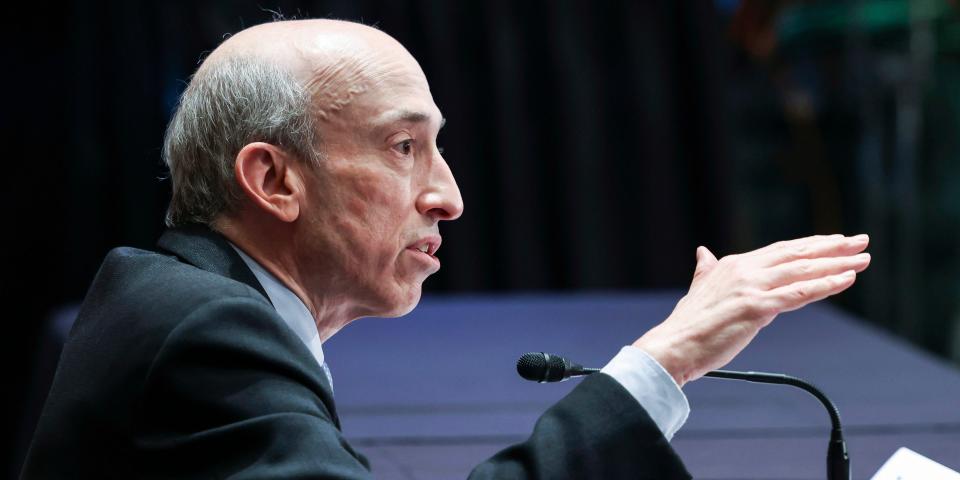During a speech at the Piper Sandler Global Exchange & Fintech Conference on June 8, the Chair of the United States Securities and Exchange Commission (SEC), Gary Gensler, likened the present-day crypto market to the U.S. stock market of the 1920s, characterizing it as rife with “hucksters,” “fraudsters,” and “Ponzi schemes.” Gensler maintained that, just as Congress had enacted securities laws to combat the fraudulent activities prevalent in the stock market of the past, the current SEC could similarly regulate the crypto market by implementing these laws.
During his address, Gensler commended the Securities Act of 1933 and the Securities Exchange Act of 1934, asserting that these laws had facilitated the flourishing of the American securities markets over the preceding 88 years. He contended that the “crypto securities markets” of the present day should also be granted the same protections afforded by these laws, as they are no less deserving of such safeguards.
Citing a legal decision against Telegram Open Network, Gensler posited that crypto asset securities are not exempt from securities laws, irrespective of the utility they may possess.
Gensler remarked that certain proponents of crypto asset securities argue that their tokens serve a purpose beyond serving as a mere investment vehicle. However, he noted that, as determined by the courts in cases such as that of Telegram, among others, the existence of added utility does not preclude crypto asset security from being classified as an investment contract.
Gensler emphasized that crypto security exchanges must adhere to securities laws, which mandate the separation of “the exchange, broker-dealer, and clearing functions.” He posited that such segregation serves to minimize potential conflicts that may arise from the amalgamation of these services.
Gensler refuted the notion that the separation of these functions is unfeasible, asserting that it merely necessitates a concerted effort to achieve.
The Chair of the SEC contended that the contemporary crypto market is replete with fraudulent activities that have emerged due to the industry’s non-compliance with securities laws. He asserted:
“With wide-ranging noncompliance, frankly, it’s not surprising that we’ve seen many problems in these markets. We’ve seen this story before. It’s reminiscent of what we had in the 1920s before the federal securities laws were put in place. Hucksters. Fraudsters. Scam artists. Ponzi schemes.”
In Gensler’s estimation, the remedy for this situation is to ensure that crypto securities issuers adhere to the law. He posited that fraudulent activities are more prone to occur in markets where the issuers and intermediaries neglect to comply with fundamental laws.
As the head of the SEC, Gensler has faced considerable censure from the crypto industry, particularly in light of the lawsuits that the SEC lodged against Binance and oinbase">Coinbase. Detractors allege that his interpretation of the SEC’s regulatory jurisdiction is excessively broad and that he is impeding innovation in the United States.




